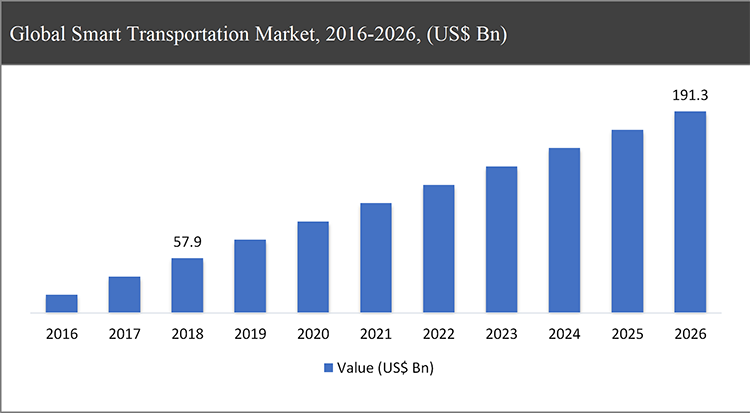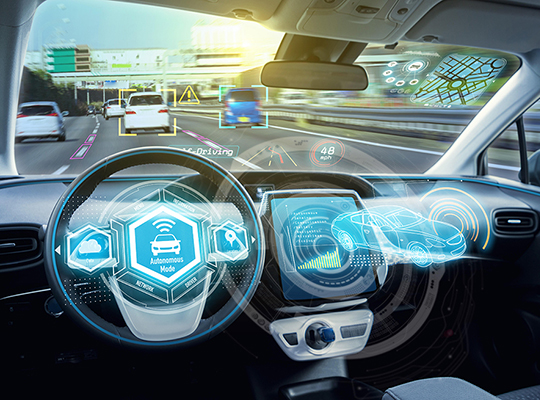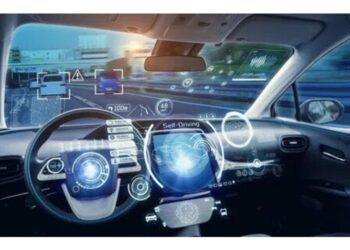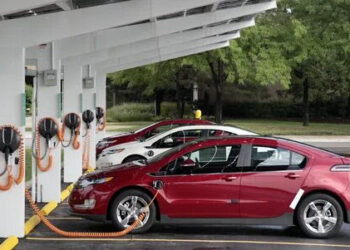The global smart transportation market was valued at USD 57.9 billion in 2018 and is expected to reach USD 191.3 billion in 2026, growing at a CAGR of 16.4% during the forecast period. Rising population demands, increased safety and convenience, are some of major benefits offered by smart transportation which are driving the growth of the smart transportation market globally.

The European Union provided a definition of smart transportation as, “a system in which information and communication technologies are applied in the field of road transport, including infrastructure, vehicles, and users, and in traffic management and mobility management, as well as for interfaces with other modes of transport.” High-speed internet connectivity owing to 5G networks is enabling smart transportation technologies to develop a wide range of solutions. Moreover, the availability of cloud services is allowing flexible solutions to be delivered.
Smart Transportation Market report covers all the aspects related to this industry with primary development trends of the market, over the forecast period (2021-2026). The report provides a comprehensive analysis of all regional and key player segments providing closer insights into current industry conditions and future market opportunities.
Key Market Segmentation of Smart Transportation Industry:
The segmentation of the Smart Transportation market has been offered based on product type, application, Major Key Players, and region. Every segment has been analyzed in detail, and data pertaining to the growth of each segment has been included in the analysis
The Top Players Listed in the Smart Transportation Market Report are
- Thales (France)
- Huawei (China)
- Siemens (Germany)
- IBM (US)
- Cisco Systems (US)
- SAP (Germany)
- Cubic (US)
- ALSTOM (France)
- Bombardier (Canada)
- and Toshiba (Japan)
- among others
Based on type, Smart Transportation market report split into
- Roadways
- Railways
- Airways
- Maritime
Based on Application Smart Transportation market is segmented into
- Shared Mobility
- Route Information and Route Guidance
- Public Transport
- Transit Hubs
- Autonomous/Driverless Vehicles
- Others
Smart transportation is increasingly being adopted to accommodate the needs of ever-increasing urban demographics. The growing emphasis on developing smart cities is propelling the demand for smart transportation which is an integral part of such projects. Moreover, the development of transportation infrastructure is accommodating the application of smart transportation. Increasing government regulations and supportive initiatives are key driving factors for the development of smart transportation systems market. According to the global status report on road safety 2018 by World Health Organization in December 2018, quoted that there are more than 1.35 million deaths annually owing to road traffic accidents which have now become the leading death cause of people aged 5-29 years.
Considering the current scenario, there are more than half the world’s urban population exist in Asia, primarily in India and China who have nearly about a billion people living in urban areas. On the other hand, North America and Europe have comparatively high population residing in major cities. Developing economy of India and China as well as matured western markets are fuelling the growth of smart transportation system industry globally. Nonetheless, the lack of skilled professionals is one of the key restraining factors.
Key Findings:
- Based on the transportation mode, the airways segment is expected to grow at the highest CAGR of around 22% during the forecast period.
- Based on the application, the shared mobility segment is accounted for the largest share in the market and held for around 40% of the total market, in 2018.
- North America accounted for around 28% share of the global smart transportation market in 2018.
Recent News:
- In April 2019, Cisco and Dimension Data made an agreement to smart transportation solutions collaboratively.
- In March 2019, Siemens launched new smart transportation solution, called as “eHighway system”.













